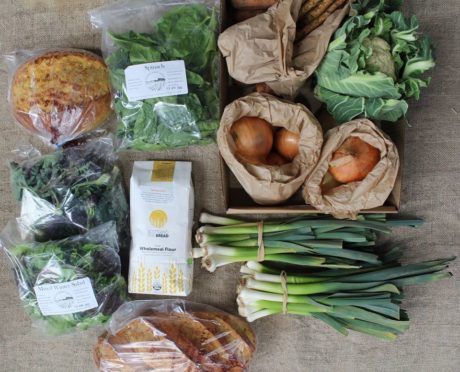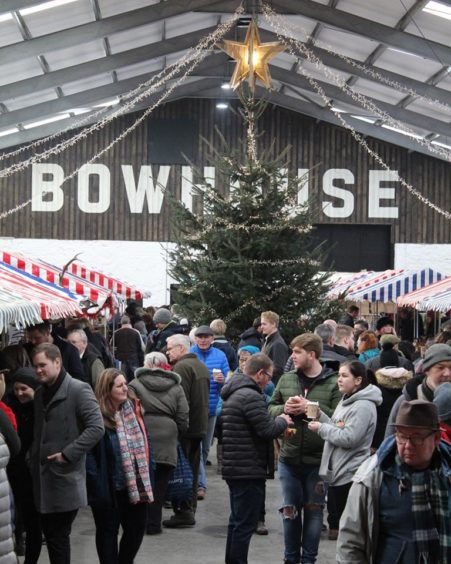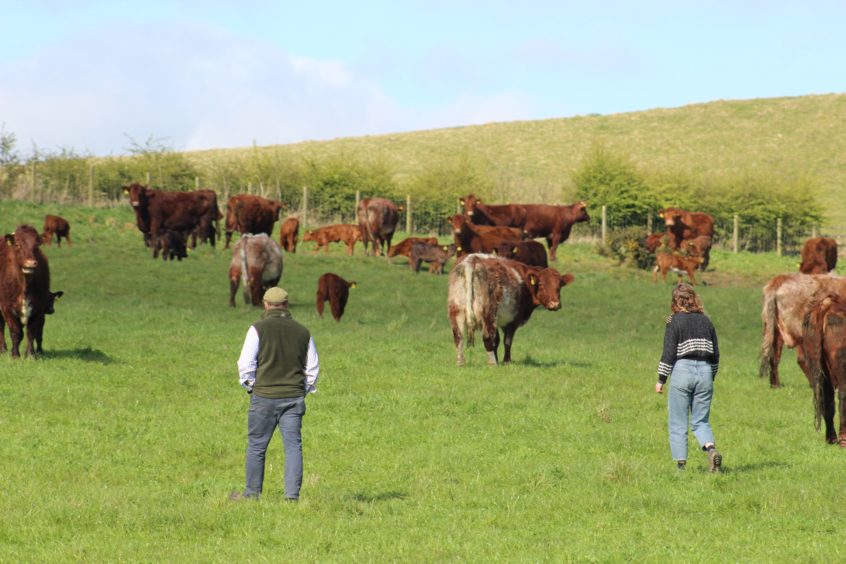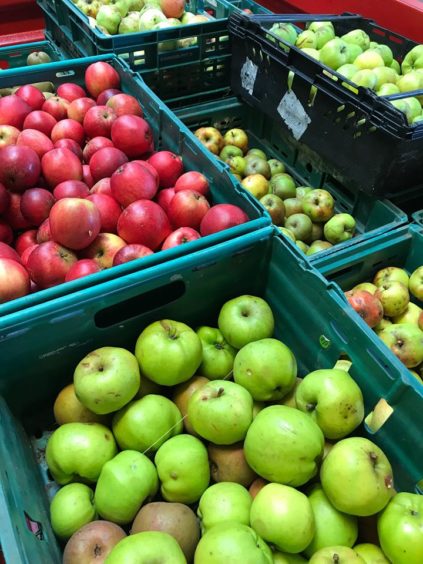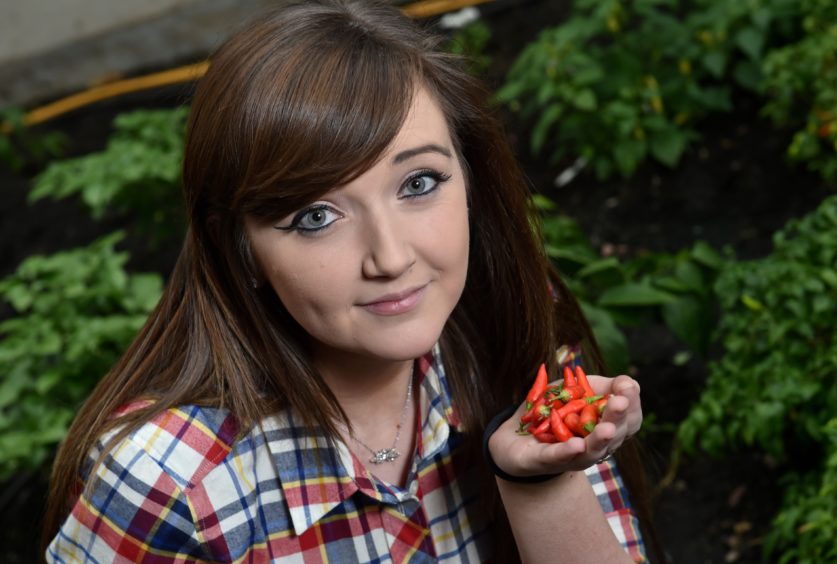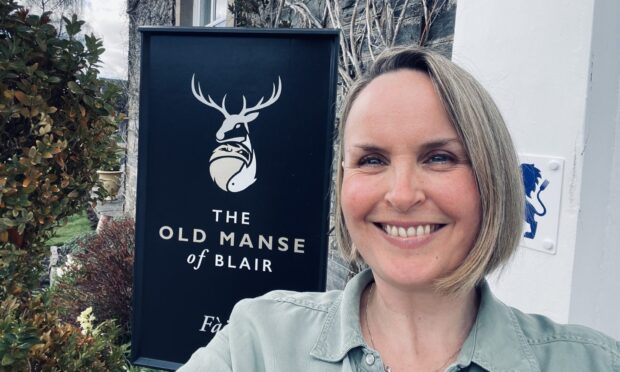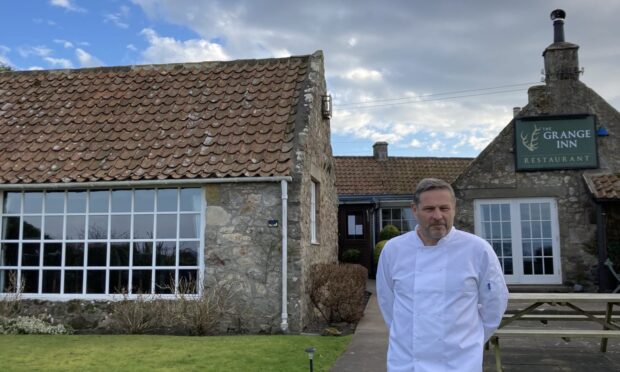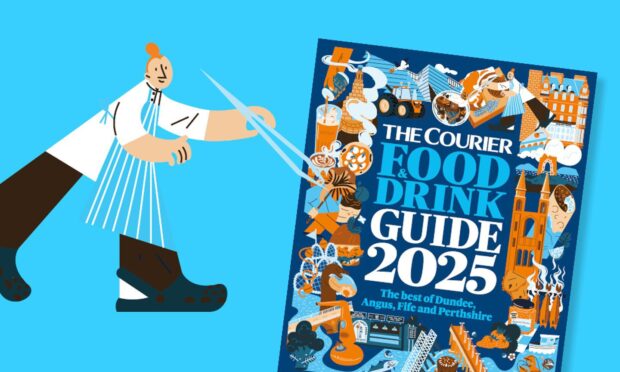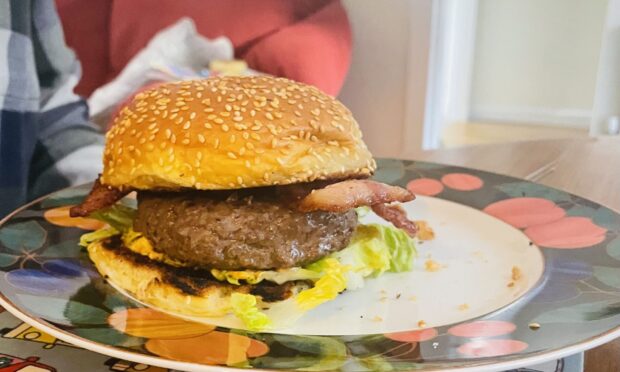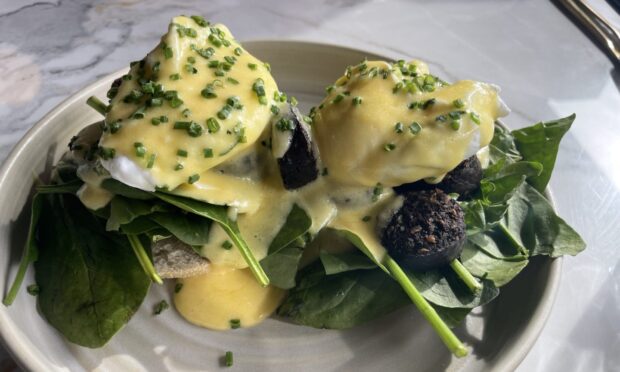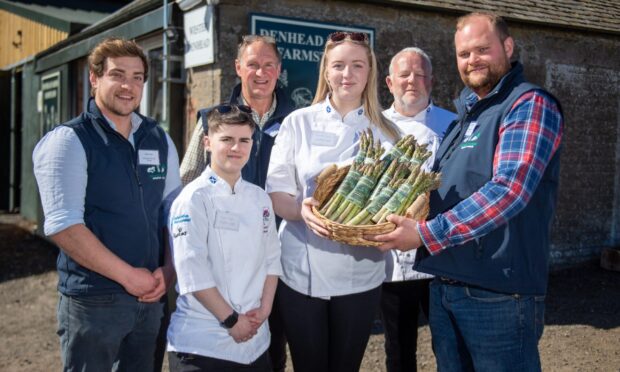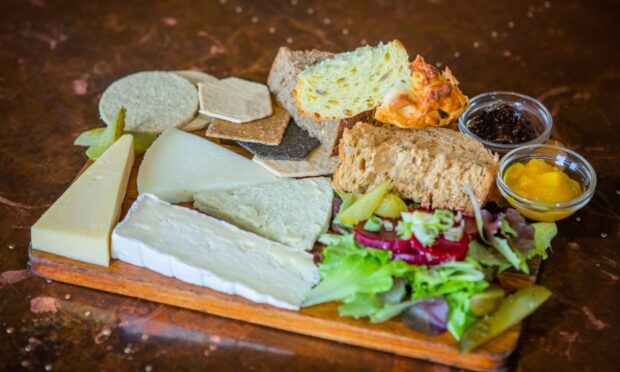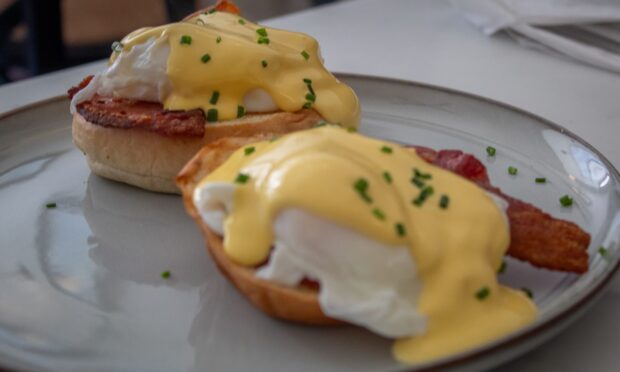The manager of a virtual marketplace for local farmers and an independent bakery owner tell us why online shopping is the future for artisan food producers.
When the topic of shopping local comes up, a common complaint is that with today’s busy lifestyles, a lot of people don’t have the time to go to multiple shops or visit a market.
It’s much more convenient to go to a large supermarket or log on to Amazon, where you can buy a range of goods from different traders and get everything you need in one go.
With this in mind, pioneering entrepreneurs in Scotland have now set up similar online marketplaces for local farmers and artisan producers to sell directly to customers in a bid to help local businesses survive and keep up with modern shopping habits.
The system allows shoppers to stock up on everything from organic vegetables to fresh meat, to artisan cosmetics, all without leaving their sofa.
Two such initiatives are Bowhouse Link, which delivers around Fife, and the North East Food Hub in Aberdeen and the surrounding areas.
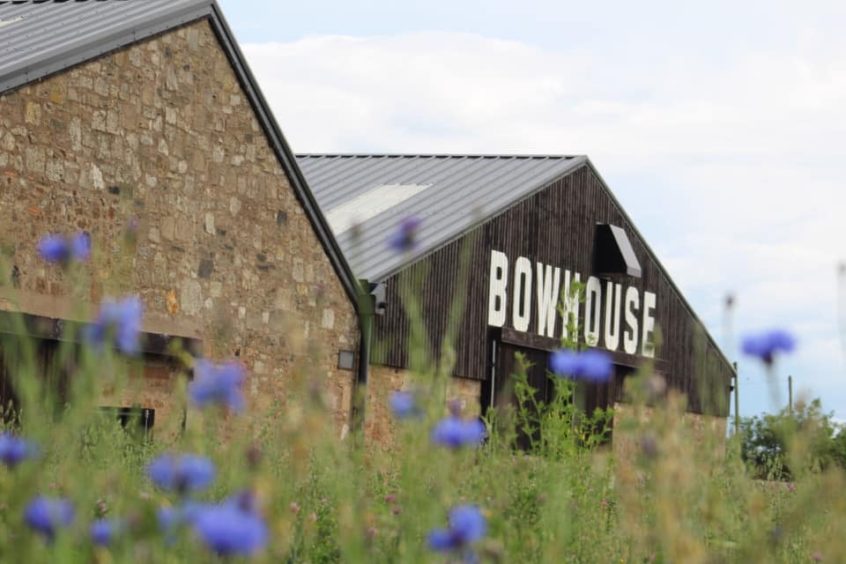
During lockdown, they’ve provided an essential service to people self isolating and to local businesses alike.
“We’re quite unique in what we’re trying to do, we’re not just a standard farmer’s market”, explained Rosie Jack, market and events manager at Bowhouse.
“We’re a working farm, set in a modern working estate. We grow grains and cereals and produce organic beef and lamb, among other things. We also have a converted farm building with food and drink production bases. There are eight different food and drink businesses with tenancies here, it’s a whole hub.
“Before lockdown, the producers and a number of other stallholders would sell their goods at a monthly market that we hold. When the lockdown came we had to re-think how we would do that. One of the features we wanted to have even before lockdown was an online shop – that was something we were already working on for some time. We just had to implement it.
“So we’ve been working closely with the Open Food Network, which is an e-commerce platform that allowed us to upload the food producers’ stock and sell it. Once a week, on a Monday, customers can log on and place their orders at the virtual ‘market’. That has worked really well so far.
“At the beginning we were just focusing on our core traders, which include a flour mill, The Butchery at Bowhouse, East Neuk Market Garden and organic wines, beers and spirit producers. Now we’ve opened it up to all the traders that take part in our markets.”
Rosie explained that the Bowhouse hub was created because there was a “missing link” in the food chain – people would see produce growing in the local fields but it would then be shipped off to supermarkets in other areas.
Meanwhile, on visiting their local supermarket shoppers would see products brought in from other locations in the UK and abroad.
“You’d see cauliflower in the fields but if you went to a shop the cauliflower there would be from, say, Yorkshire, for example”, added Rosie.
“Bowhouse is here to disrupt this and retain local produce for our communities. It’s about getting people closer to farming and help them learn more about food, and building direct links with customers.
“It benefits the environment too, if you’re shopping local. And we’re not just a selling platform, we really engage with the traders and encourage them to collaborate. Rather than taking the produce out to the community, we bring the community into the farm.”
Before lockdown, the physical monthly market was set up as a mini-food festival with street food stalls, music, cooking demonstrations, workshops and talks, making it a fun day out for all the family as well as a shopping opportunity.
The farmers would bring cattle too, allowing the children to pet the lambs and learn about food production.
Although lockdown has put a stop to this for the time-being, Rosie is hopeful that when things return to normal people will come back for the market as well as continuing to shop online.
Rosie added: “This is now the seventh week of running the Bowhouse Link online market”.
“It will keep running after lockdown, as we want customers to use it for their weekly shopping, rather than getting everything from the supermarkets.
“We’re quite unique in what we’re trying to do, we’re not just a standard farmer’s market”
-Rosie Jack, market and events manager at Bowhouse
“We’ve seen a steady increase in traders who want to be involved and also a steady sign up of customers – during our first week we sent out about 30 orders, this week we had 65. This is a manageable number for us at the moment. We deliver to Leven, Cupar, St Andrews and East Neuk but we can definitely expand the locations we deliver to in future.
“We also normally do collections, but right now we don’t want to encourage people to come from far away. When lockdown is lifted we hope to have a mixture of online and physical custom. I do think that people are really missing face-to-face interaction and I think we’ll see a big rise in people wanting to come to the monthly markets when they re-open.
“It’s too early to say right now what way things are going to go. There’s been a really great movement of people supporting local businesses during lockdown and it would be brilliant if this can continue. I really hope we can keep the momentum and move towards shopping local regularly.
“Demand for produce fluctuates, but generally people load up their baskets with a mix of veg, dairy, bread and meat.
“Prices are something we’re looking at – we want to be affordable for most people, but at the same time our produce does cost a little more than at supermarkets, because we want our producers to be paid fairly.”
Meanwhile the North East Food Hub, established by Ellie Sinclair, owner of Aberdeen jam and sauce company Veg Co, has been a vital lifeline for local businesses who have been able to deliver to customers through the platform during lockdown.
The virtual “local supermarket” launched around the start of lockdown and stocks everything from fresh meat, dairy, vegetables, vegan items, dried fruits, confectionery, ready meals, soft drinks and basic household goods.
More than 50 producers including Cambus O’May, The Bread Maker, Rora Dairy, Big Beefy’s Biltong, Invercamey Dairy, Aberdeenshire Highland Beef, Kilted Coffee, Mike’s Pizza and Louise’s Farm Kitchen have already signed up to the project.
Donald Anderson, CEO of The Break Maker artisan bakery, said: “We stayed open for wholesale orders but had to close our café and retail bakery.
“Our wholesale operation supplied cafes and restaurants but obviously now that’s all gone, so it’s mainly places like farm shops that we’re servicing. Then we started to deliver to people’s home through the North East Food Hub.
“It’s been a success – we’re taking around 500 orders a week. At the moment we’re just focusing on bread, such as wholemeal, brown rolls, gluten-free bread and butteries.
“We’re finding that people are liking getting fresh bread delivered to their door rather than going to a supermarket. The home deliveries are a big help to us after losing a big percentage of our trade, and we’re now gradually bringing some people back from furlough.
“There’s been a lot of support for local businesses and small producers, which is why we’ve been able to remain open.”
